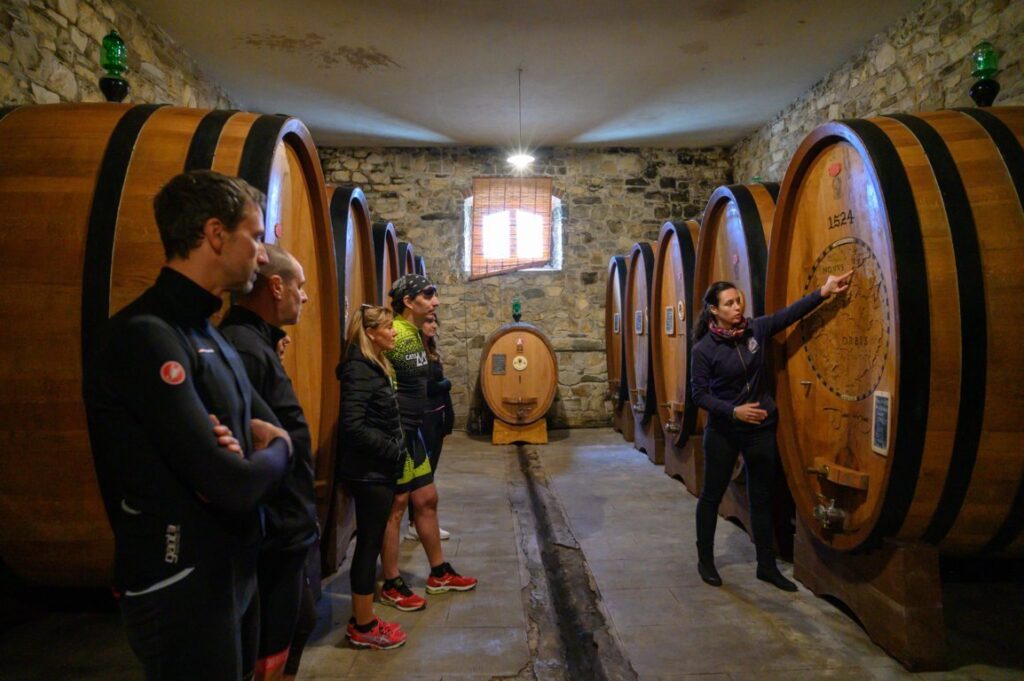Safe tourism – serious management that protects the health and safety of travelers is now more important than ever
In recent years, sensitivity to issues such as health and safety has changed.
There is often no second chance
A serious mistake in the management of the health and/or safety of our customers could lead to financial and reputational damage that is difficult to recover.
Many tourism companies, driven by the changed conditions in which we find ourselves, have undertaken to write, keep updated and above all to make operational the procedures in the field of travellers’ health and safety. Whether it is a walking tour, a cycling tour or a sailing holiday, each tour must be analyzed in order to identify risk factors, with the aim of mitigating them and discussing them with clients before leaving for the experience/ voyage.
Do our customers perceive our management of safe tourism?
At the end of the tour, it is very interesting to ask customers for their impressions on these topics: you always learn something from their feedback! In asking these questions, we also observed a certain satisfaction on the part of customers, happy to be able to freely express their opinion, and to contribute to our improvement.
Being able to convey corporate values to the customer requires sharing the strategy with the entire work team. Collaborators and suppliers should actively participate in the project, to ensure that the “value chain” is solid in all its components. Also not to be underestimated is the importance of being aware that in order to “do the right thing” there are often inevitable burdens and/or logistical aspects.
Do you have a protocol to ensure safe tourism?
“Do you have a protocol that gives you, your team and your customers confidence?”. Incorrect management of these issues could definitely increase the level of risk from both a legal, financial and commercial point of view. A lack of robust health and safety management could lead to a customer loss.
I often rule by offering directives with the intention of covering all cases. In these cases, the really important thing is to develop your own protocol, which reflects the real risk mitigation of our company, your products or services.
While large companies implement protocols and communicate them widely within the organization, small and micro-enterprises often fall behind, missing the opportunity to “educate” the whole organization on these topics.
The pandemic, for example, has led to a change in the nature of travellers’ needs in favor of safe, clean sustainable tourism which requires a change of pace on the part of tourism operators.
I conclude by recalling that our attention to these issues should not be conceived as a “project”, but rather as an ever-evolving sensibility.


